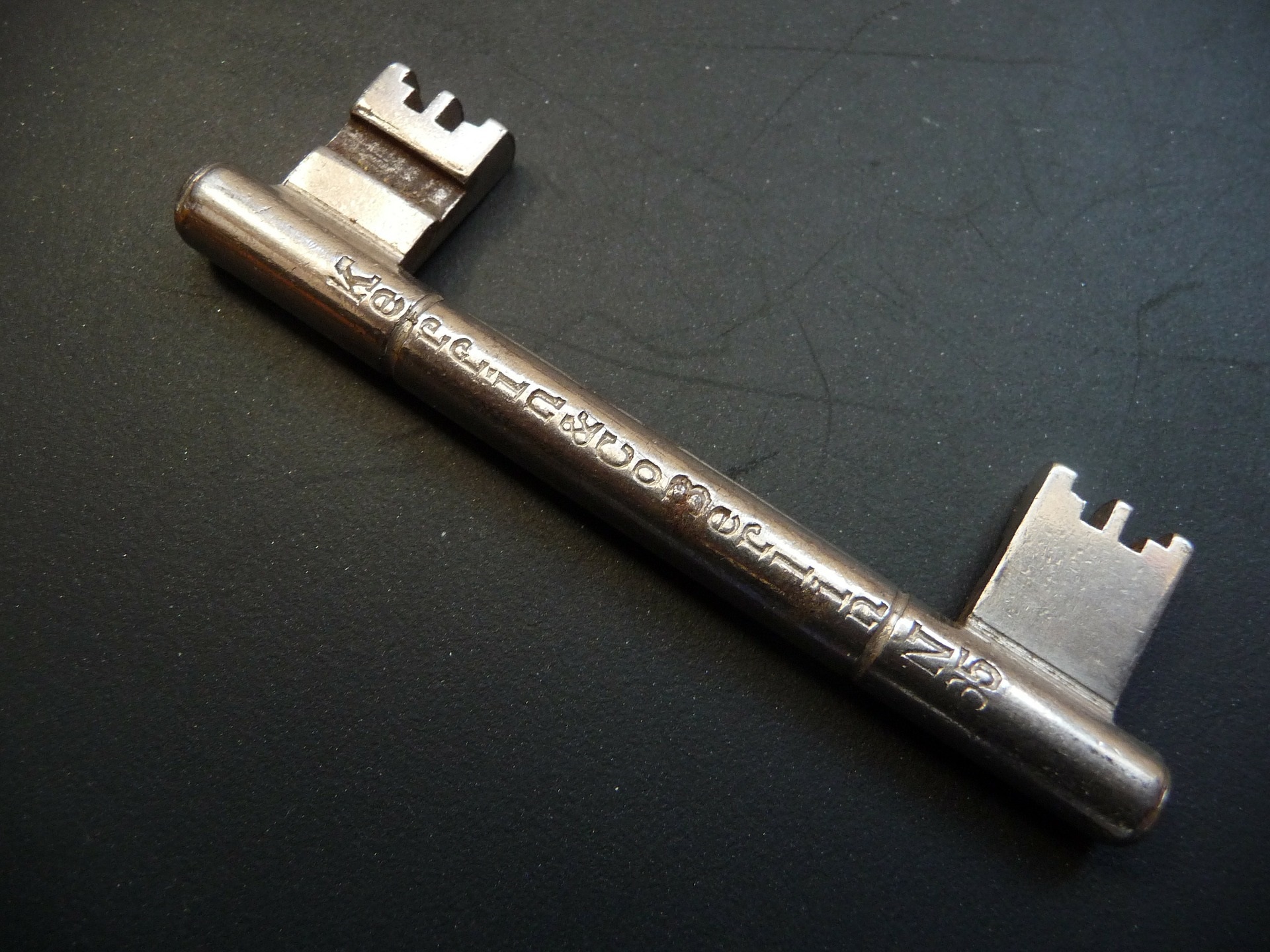Attachment
 Making an attachment against your debtor is an art in itself. It requires a lot of insight and strategy. While most lawyers are inclined to make attachments haphazardly at high costs, Smart Advocatuur, as collection specialists, can effectuate this attachment for you in an extremely efficient manner.Options
Making an attachment against your debtor is an art in itself. It requires a lot of insight and strategy. While most lawyers are inclined to make attachments haphazardly at high costs, Smart Advocatuur, as collection specialists, can effectuate this attachment for you in an extremely efficient manner.Options
When collecting your receivables, the question is whether an attachment must be made against your debtor. The law provides the option of levying a prejudgement garnishment if you have valid reasons to fear that you debtor will try to counteract any recovery options on him, for example by 'selling' his possessions or by channelling funds abroad.
Assets that can be secured include: immovable property (such as houses, buildings and land), ships, bank balances, wages, salary, benefit, other debtor's receivables on third parties, shares and household effects. We can verify with the Land Registry Office whether the debtor has any immovable property in his name. In the commercial registers of the Chambers of Commerce we can check if the debtor is full owner of a company. If necessary, we can investigate the chance of recovering any money from your debtor.
Procedure
To have a prejudgment garnishment levied, prior permission has to be requested from the Court President. The Court will grant its permission if the statutory requirements and the Courts' internal policy rules have been met. This permission can only be requested by a lawyer registered with the Court, such as the lawyer affiliated with our law firm. After the attachment has been levied, proceedings against the debtor must be started within eight to fourteen days. The debtor will then have to appear in (Subdistrict) Court.
Although it is simple to have a prejudgment garnishment levied, it is not without risk. If the claim for which attachment was levied is eventually denied, the judgment creditor is liable for the damage suffered by the other party. However, if you are proven right in the proceedings, you can order the public sale of goods that were attached with the decision in hand.
Levying a prejudgment attachment is also used as a means of pressure in civil conflicts. Attachment of bank accounts can bring a company to a standstill very effectively. The attached party will have no other choice than to dispute the attachment through interlocutory proceedings. The creditor can steer towards a settlement in (answer to) these interlocutory proceedings.
